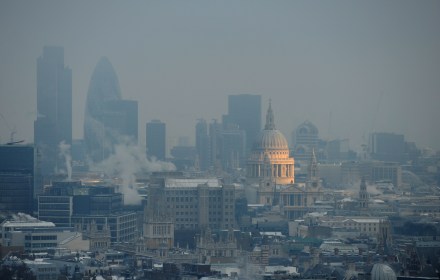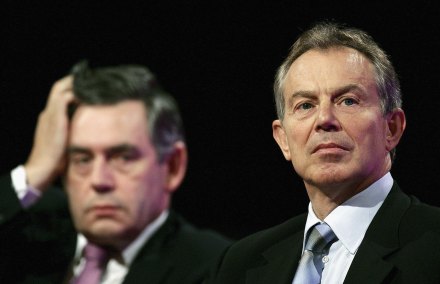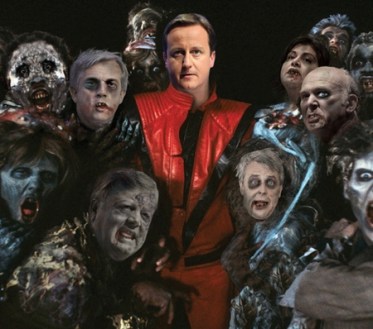From the archives: how The Spectator beat the strikes
A change from the usual for this week’s excavation into The Spectator archives — which is to say, we won’t be digging out an article from the magazine’s 183-year back-catalogue for CoffeeHousers’ delectation. Instead, the images above, and a quick, little story. Given how nostalgic some people have recently been for the General Strike of 1926, my thinking was to present The Spectator’s coverage from the time. (It is critical of both government and unions, as it happens). But it was the appearance of the issue dated 8th May 1926 that caught my eye, rather than its content. Its pages are thicker and rougher than the typical Spectators of that
















